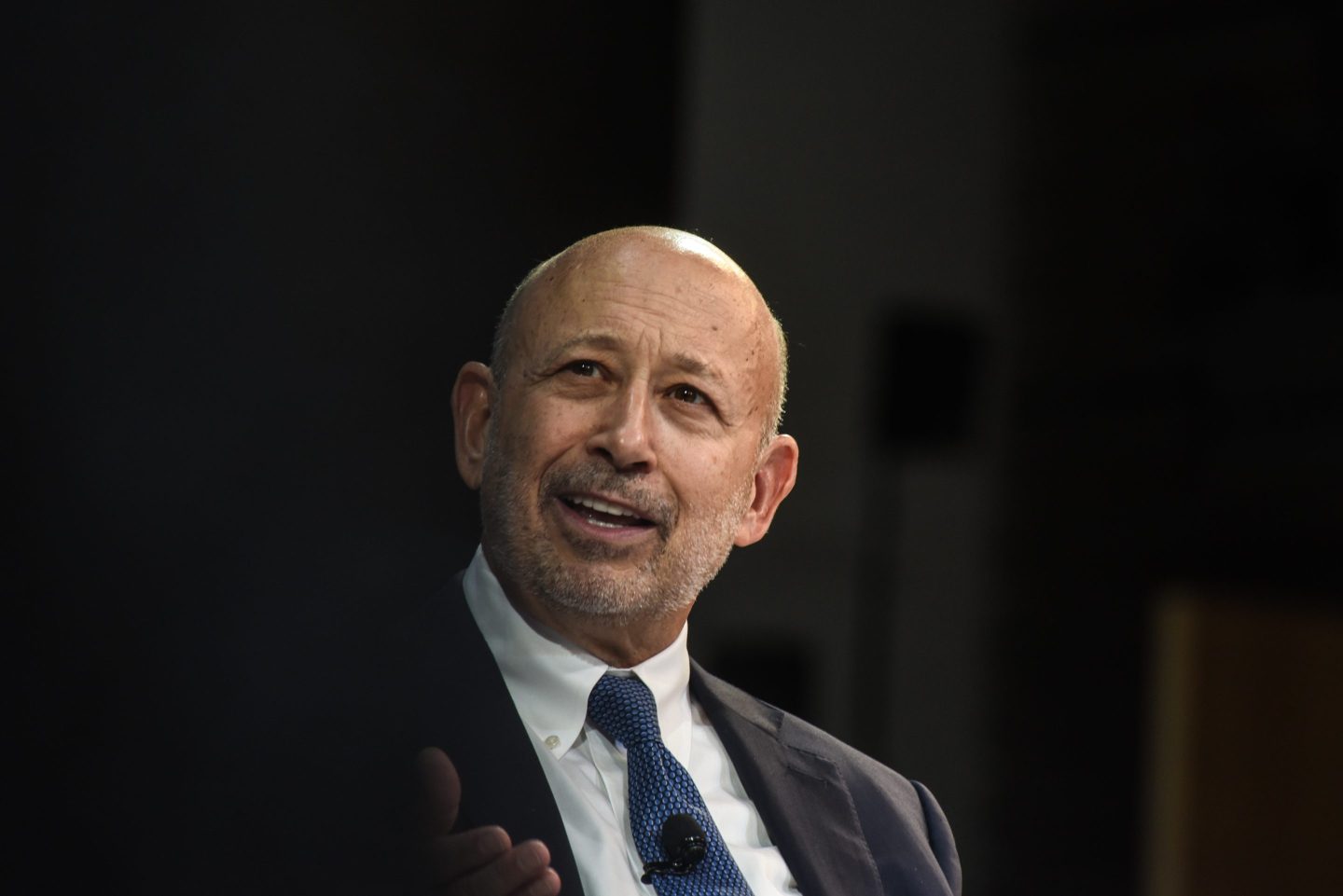Freddie Mac is going back to Uncle Sam hat in hand for the sixth time.
The McLean, Va., mortgage company posted a $4.7 billion second-quarter loss and said its regulator will ask Treasury for $1.8 billion in new capital.

The request will bring Treasury’s outstanding loan to Freddie to $64.1 billion.
Under the terms of the agreement that the government uses to backstop the company, Freddie will owe Treasury $6.4 billion in annual dividends.
Under that deal, the company and its big sister Fannie Mae operate with the aim of supporting the housing market, and the government supplies capital to cover losses on souring mortgages, maintaining their solvency. Squaring the circle, the companies give back 10% of what they take from the government in the form of dividends.
The point of this Rube Goldberg machine is to keep the U.S. housing market, which has contracted significantly since the heydays of the housing bubble in 2006, from collapsing altogether. With Fannie and Freddie providing capital for cheap loans and government bond yields collapsing as growth hopes evaporate, so far so good.
“We helped more than 150,000 struggling borrowers avoid foreclosure and provided funding that enabled more than 865,000 American families to buy or rent a home in the first half of 2010 — during which the GSEs again supplied the majority of all the liquidity to the U.S. mortgage market,” Freddie CEO Charles Haldeman said in a statement.
But the costs are mounting, and no one sees the current arrangement as healthy or sustainable. Since they were taken over in September 2008, Fannie and Freddie have run losses that have prompted the government to provide some $150 billion in support – and that number is expected to keep growing as the housing market heads into another downturn.
The Obama administration has promised to provide Congress with an outline early next year for reforming the housing market. The White House scheduled a conference this month to air some of the issues.
Treasury Secretary Tim Geithner said last week that fixing the problems that have left taxpayers paying for the bubble era excesses on Wall Street and in Washington shouldn’t be “rocket science.” But so far the right formula has been elusive, to say the least.











